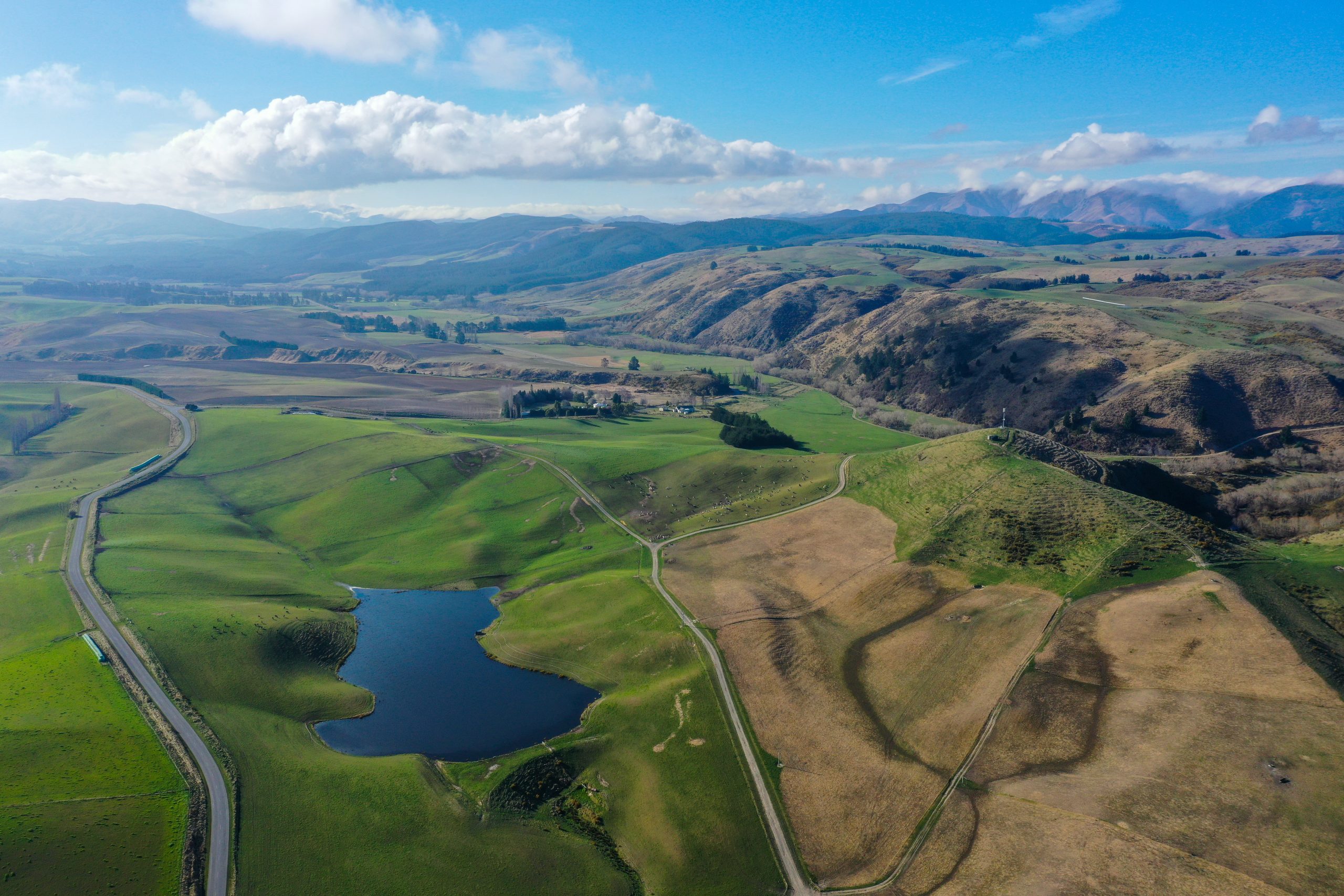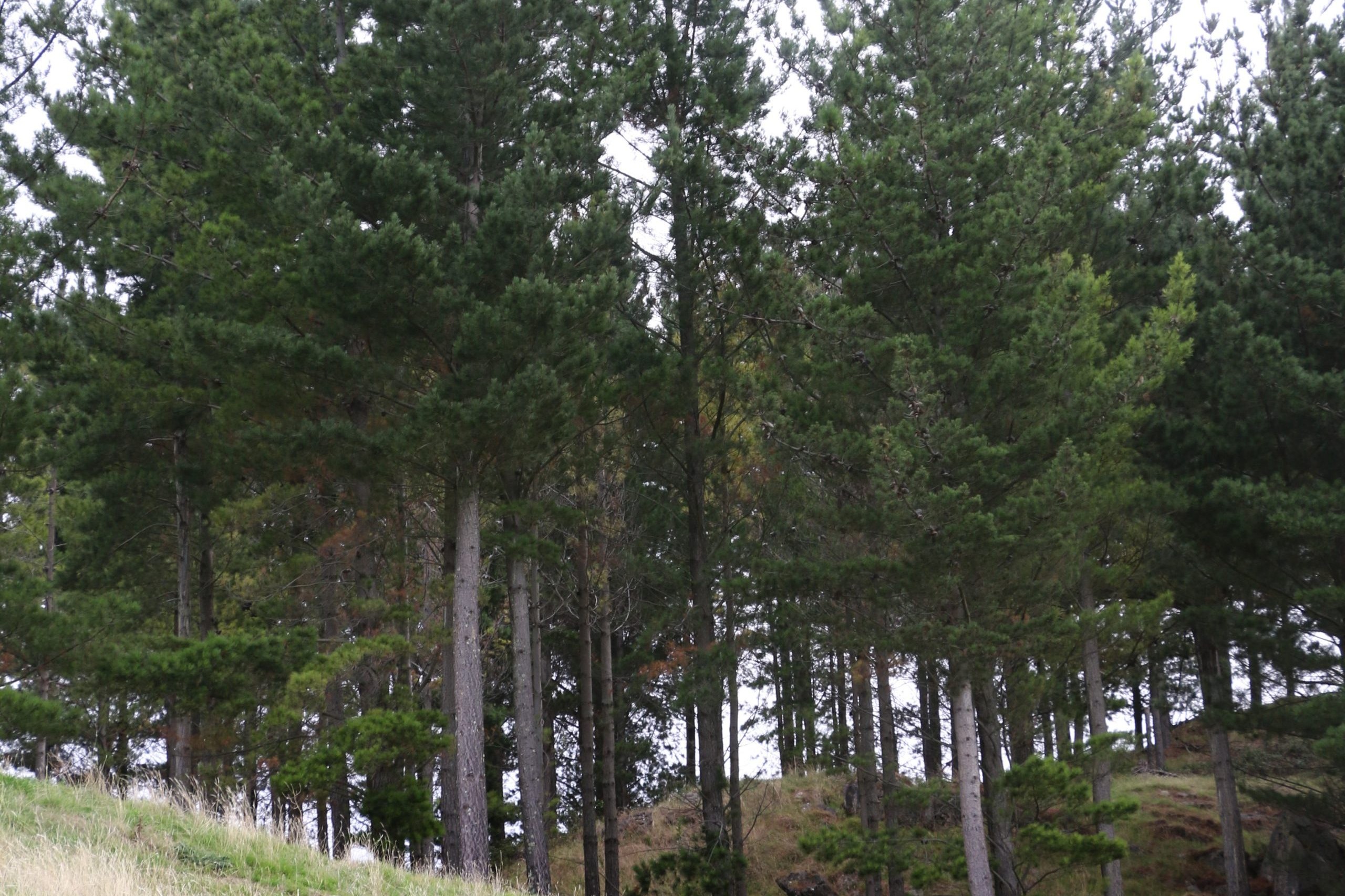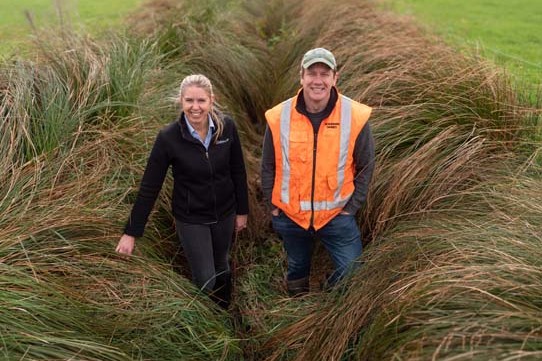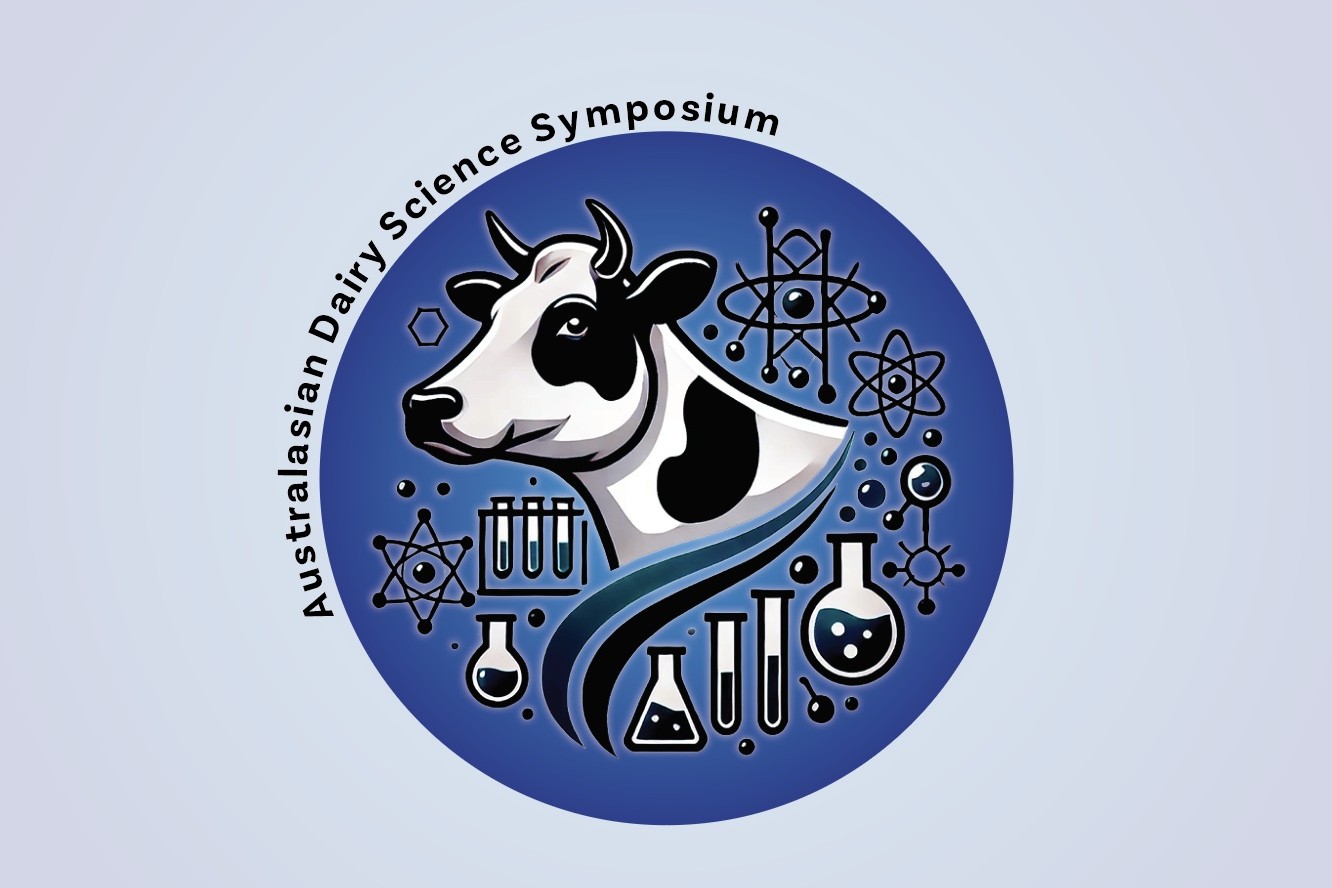By: Bob Edlin
The dairy industry will not be exempt from the Labour-New Zealand First Government’s plans aimed at making the economy carbon neutral by 2050.
Dr Megan Woods, Minister of Research, Science and Innovation, made this plain while sharing her views on research and development in the dairy industry. The minister was too busy for a face-to-face interview with Dairy Exporter in time to meet our pre-Christmas deadline, her press secretary said. She did respond to our written questions.
Our first question concerned the career path that had brought her to the science portfolio.
She trained as a historian but gained her science experience as a business manager at Plant and Food Research, “helping to commercialise New Zealand research before entering Parliament”.
Asked about her experience in agriculture and/or horticulture. “I worked as a business manager for agri-sector crown-owned science organisation Crop and Food and then Plant and Food.”
Dairy Exporter then asked how satisfied she was with the dairy sector’s levels of investment in research and development and what she would do to encourage greater investment.
She noted the sector globally faced several challenges. In NZ, consumer preferences, climate change, global competition, a growing population, technological changes and synthetic and other artificial dairy products would “change the landscape” of our biggest exporting primary industry.
“New Zealand has forged a reputation as one of the world’s most-efficient agricultural economies and the drive for innovation needs to continue to be a key feature of the sector.
“The dairy sector must invest in R&D to remain competitive and to see the inevitable changes as opportunities to capitalise on.”
Then came the reminder of a key Government policy objective:
“All sectors and industries have a role to play in achieving the Government’s goal of a carbon-neutral economy by 2050 – dairy is no exception.”
But the Government would continue to work with and assist the sector in its transition to more efficient, low-emission practices.
Woods referred to the Partnerships Scheme’s recent award of funding to DairyNZ to develop genetically low-nitrogen-excreting animals and implement farm management strategies to reduce greenhouse gases and environmental impacts.
Asked what collaboration she envisioned for the dairy sector and how she would encourage it, she said: “The dairy sector is connected to many other sectors and research fields.
“As this sector adapts to meet new challenges over the next 10 years, many different forms of collaborations between the dairy sector and other sectors are possible.”
She referenced Genomics Aotearoa, in which representatives of universities, crown research institutes and companies work together on genomics research in the areas of health, primary industries
and environment.
“I could imagine the dairy sector collaborating on subjects like new food products, data science, emission reduction or water quality.”
The environmental imperative again came into her response.
“This Government is committed to achieving the goals of the Paris agreement and we will support the dairy sector to work together with experts on climate change and nitrate emissions to reduce their environmental footprint.”
Labour was committed to reintroduce the research and development tax credit it introduced at the end of its previous term in government which was scrapped by the John Key Government.
“I could imagine the dairy sector collaborating on subjects like new food products, data science, emission reduction or water quality.”
When will this happen and how did she expect dairy to benefit?
The Government was committed to raising NZ’s R&D expenditure to 2% of GDP over the next 10 years, she said.
“We will be introducing a tax credit that rewards spending on research and development to support this.
“By harnessing our capacity to innovate we can diversify our economy, create higher-value products and better jobs, and produce points of difference which enable New Zealand businesses to succeed.”
Detail on the design and implementation of the R&D tax credit was being worked through,Woods said.
As to the overhaul or scrapping of the Primary Growth Partnership (PGP), this is administered by the Ministry for Primary Industries and the question was one for Agriculture Minister Damien O’Connor to answer. He had earlier told Dairy Exporter the PGP – introduced by the previous Government when it scrapped Labour’s tax credits – would be reviewed and may continue, but with a greater focus on soil and water issues.
Woods said sustained increases in Government investment would be important to reaching the Government’s target of lifting the country’s expenditure on R&D to 2% of GDP in 10 years.
“I expect business expenditure on R&D to continue growing strongly in coming years with the support of the planned R&D tax credit.”
It was important to ensure government spending on encouraging R&D was “aligned to the priorities of a smart and innovative low-carbon economy”.
What other funds and/or sources of agricultural science funding would be reviewed? For example, does Woods intend continuing the National Science Challenges?
These 11 challenges are tackling some of the biggest science issues facing NZ, “and are an integral part of New Zealand’s long-term mission-focused science investment,” she replied.
The Our Land and Water challenge was directly focused on enhancing primary sector production while improving land and water quality.
With Labour’s emphasis on science in addressing climate issues, better understanding the biological process of climate change and in shaping water-quality policy, how would this be translated into science policy and in which spheres of science did Woods expect greater emphasis?
“The Prime Minister has declared that climate change is our generation’s nuclear-free moment. It is crucial we adopt new ways of working to meet our goal of a carbon-neutral economy by 2050. Science is key as it improves understanding of our climate system and provides the technologies and innovative solutions needed to slow climate change and adapt to its effects,” she said.
“The quality of our fresh water is another issue science will help with.
Clean water is a taonga (treasure), a fundamental right for all of us, and vital to our continued prosperity. Science provides the evidence base for freshwater quality standards and management decisions, and can provide practical solutions.”
Scientists were already working in these areas through crown research institutes, universities, and the National Science Challenges.
The Government would also continue to look to CRIs for the provision of science that responds to industry and environmental challenges.
A tale of two funders
The Sustainable Farming Fund is providing $395,620 over three years for a project led by the Facial Eczema Action Group with representation from vets, farmers, researchers and DairyNZ. The project is examining the production and welfare impacts of the disease and ways of encouraging farmers to address the problem before it gets to clinical level by helping them to know how and when to treat their cattle.
The same fund is providing $585,000 over three years for a project examining bovine viral diarrhoea virus (BVD, a serious and widespread disease to which around 80% of NZ’s dairy and beef herds have been exposed.
Infection can cause reproductive losses, an increase in general disease, reduced growth rates, and lowered milk production. Annual losses for dairy farmers are estimated at more than $100 million.
Led by BVD Free New Zealand, the project aims to identify key transmission pathways, develop a business case for co-ordinated national BVD control and build a national model to track the BVD status of individual animals and herds.
Over at the Marsden Fund, money is dished out for projects that must meet different criteria. The University of Auckland celebrated the success of 31 of its researchers and research groups whose projects won $19.8 million in the 2017 round of the Marsden Fund, which is administered by the Royal Society of New Zealand on behalf of the Government.
Associate Professor Lisa Bailey, in the Faculty of Arts, was granted $625,000 for a project titled “Servants of God, Slaves of the Church: Rhetoric and Realities of Service in Early Medieval Europe”.
Victoria University similarly celebrated the award of more than $9 million of grants.
Dr Mark Masterson, in the School of Art History, Classics and Religious Studies, was granted $476,000 for a project titled “Revealing Desire between Men in the Byzantine Empire”.
Are we getting the best science from the Marsden Fund?
Research, Science and Innovation Minister Megan Woods told Dairy Exporter successful research proposals “represent the very best fundamental researcher–led, novel ideas from New Zealand researchers”.
The humanities were a broad research area that explored ethical issues, human culture and how the past informed the present and future, she said.
“MBIE’s science investments are focused on investing in quality research and impact. “Investing for impact, however, doesn’t mean that all research has to have immediate outcomes. The research
needs to show eventual benefits for individuals, businesses or society, which could be in environmental, social, health, economic or cultural spheres.”
The Marsden Fund Council was confident the proposals selected were of excellent quality and to Marsden Fund standards.





